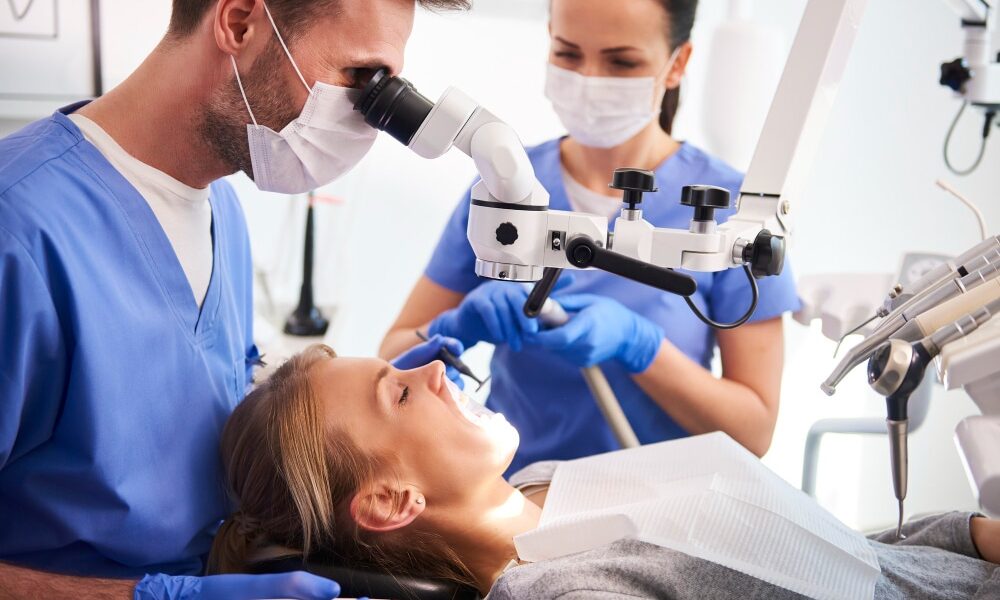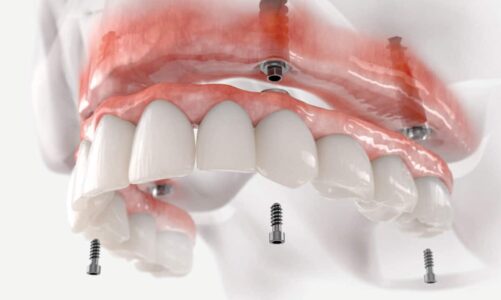Seeing a dentist in Scarsdale is a powerful step towards better oral health. Preventive screenings are your shield against common dental problems like cavities and gum disease. They catch issues early, often before you feel any pain or discomfort. By visiting your dentist regularly, you can avoid much more painful and costly treatments down the road. These screenings make it easier to maintain healthy teeth and gums. Tests include checking for signs of decay, gum disease, and even oral cancer. They are quick, efficient, and crucial for maintaining your overall health. Regular check-ups can reveal underlying health conditions connected to your oral health. The process is straightforward and ensures you stay informed about your dental health. Taking the time for preventive care not only protects your smile but also promotes long-term well-being. Investing in your oral health today means a brighter future for you and your loved ones.
Understanding Preventive Screenings
Preventive screenings in dentistry serve as routine checks that detect potential problems before they evolve. These regular evaluations help maintain not only oral health but also detect signs of other health issues. During a screening, the dentist examines the teeth, gums, and other soft tissues. Dentists use tools and techniques that help spot problems early.
Common Dental Issues Preventive Screenings Address
- Cavities
- Gum disease
- Oral cancer
- Tooth erosion
These screenings are crucial for safeguarding your oral health. The Centers for Disease Control and Prevention explains that untreated cavities can lead to pain, infections, and even issues with speaking and eating. Additionally, gum disease can cause tooth loss if not addressed early.
Benefits of Regular Dental Check-Ups
Regular visits to the dentist provide many benefits. Early detection of problems is essential for effective treatment. Consistent cleanings remove plaque and tartar that brushing and flossing might miss. These visits also help you learn correct oral hygiene habits. With regular check-ups, you get a personalized oral health plan tailored to your needs.
Comparing Outcomes: Regular Screenings vs. Delayed Care
| Regular Screenings | Delayed Care |
|---|---|
| Early detection of issues | Potential for severe dental problems |
| Less invasive treatments | Possible need for extensive procedures |
| Lower overall costs | Higher treatment expenses |
| Better oral health maintenance | Higher risk of decay and disease |
Connection Between Oral and Overall Health
Your oral health is connected to your overall well-being. Research shows links between oral health and heart disease, diabetes, and other conditions. Maintaining oral health is an integral part of protecting your entire body’s health. According to the National Institutes of Health, inflammation from gum disease may increase the risk of conditions such as heart disease and stroke.
Action Steps for Improved Oral Health
- Schedule regular dental check-ups.
- Brush and floss daily.
- Follow your dentist’s personalized care plan.
These steps ensure the best chance for healthy teeth and gums. They support lifelong oral health and contribute to your overall well-being. Taking proactive steps today will prevent future complications and keep your smile strong.
Conclusion: Prioritize Preventive Care
Making preventive screenings a priority is key to safeguarding your oral health. Regular visits to your dentist provide a foundation for long-term health and well-being. By taking care of your teeth and gums now, you minimize future risks and maintain a healthy, vibrant smile. Simple actions today pave the way for a healthier tomorrow. Protect your oral health and, by extension, support your overall health with routine check-ups.




